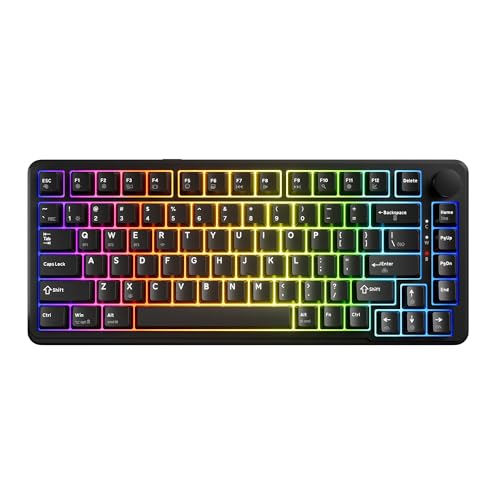Imagine buying a single lottery ticket and winning against 180 million-to-1 odds. That’s essentially what happened when a solo Bitcoin miner operating a modest 6 TH/s ASIC device — representing a microscopic 0.0000007 percent of Bitcoin’s total network power — successfully mined a block worth approximately $270,000. According to reports from Techspot, this David-versus-Goliath moment occurred recently using hardware that most industrial miners would consider museum pieces.
The Numbers Don’t Lie — And They’re Brutal
Solo mining success stories mask the mathematical reality most participants face.
Your chances of success with similar hardware? You’d statistically need to run that 6 TH/s setup for centuries before finding a block. The successful miner operated through Con Kolivas’s solo mining pool, which has only produced 308 blocks total since inception — underlining just how rare these wins actually are.
While this miner walked away with 3.146 BTC plus transaction fees, thousands of others burn electricity monthly with nothing to show for it. Pool mining might take a 2% fee, but it provides predictable daily payouts that actually cover your electricity bill.
When Lottery Tickets Meet Electricity Bills
The economics of solo mining reveal why most rational miners choose pools.
According to detailed ROI analysis, a solo miner with substantial 1 PH/s equipment faces a 30% chance of earning zero dollars over 14 months — while burning through $70,000+ in hardware and electricity costs. Pool miners with identical setups earn steady profits covering operational expenses.
The math resembles venture capital investing more than traditional business: extreme risk for potentially extreme rewards. Even this recent winner’s timing mattered — Bitcoin traded near $115,000 just weeks earlier, which would have pushed their reward closer to $360,000.
Decentralization Dream Meets Industrial Reality
Solo mining victories reinforce Bitcoin’s founding principles while highlighting practical barriers.
This success story validates Bitcoin’s core promise that individuals can still participate meaningfully in network security, even as massive mining operations dominate the landscape. The winner’s achievement represents something like a GameStop trader outmaneuvering hedge funds — technically possible, occasionally spectacular, but hardly a sustainable strategy for most participants.
Solo mining remains legitimate and aligns with Bitcoin’s decentralized design, yet the barriers to consistent profitability have grown exponentially since the network’s early days. Success stories like this inspire more individual participation while obscuring the brutal economics underneath. You’re essentially funding lottery tickets with your electric bill, hoping probability smiles on your particular combination of persistence and luck.





























